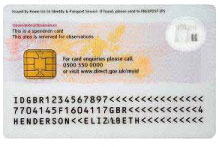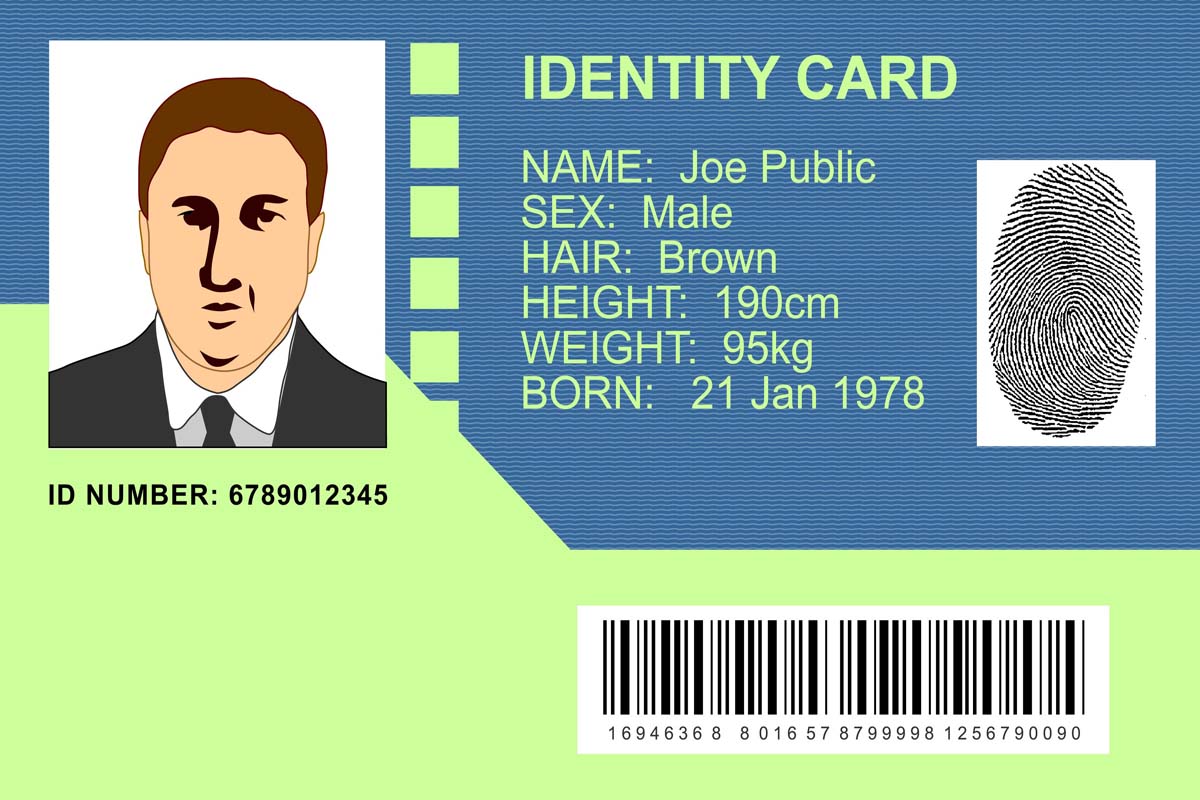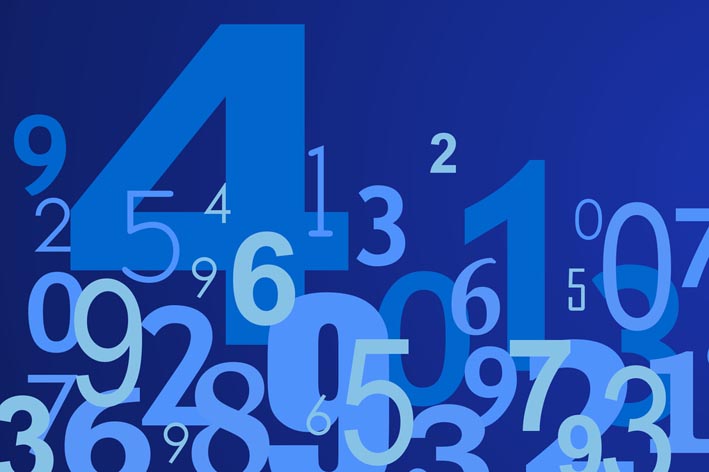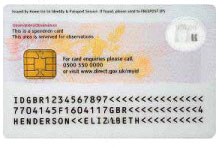Government wants business ideas for ID cards
The government's created the infrastructure, now it's time for the public and private sector to come up with applications, according to minister Meg Hillier.


The government needs to get business "buy-in" on ID cards, according to identity minister Meg Hillier.
Speaking to journalists and industry representatives in Westminster yesterday, Hillier said of the private sector: "They need to take on a roll of provisioning a broader variety of services."
She compared ID cards to the Apple iPhone. "The iPhone is just the infrastructure, it's the apps that make it interesting," she said.
While government is "best placed" to develop that infrastructure, it's up to the public and private sector to come up with good ways to use the cards and supporting database.
For example, the cards could speed up criminal record background checks. "Having a simple card, possibly with a simple reader machine, will speed up those checks," she said.
Hillier also suggested banks will see a use for the cards, as checking identity to set up an account costs them as much as 85 for the most difficult cases, such as the fifth of people in the UK without a valid passport - which includes young people, the elderly, and the poor.
While the system is currently in card form, Hillier noted: "In the future, it's the chip that's the important bit." She suggested chips could be integrated into mobile phones, get Chip and PIN for security, and also be used to prove identity online.
Sign up today and you will receive a free copy of our Future Focus 2025 report - the leading guidance on AI, cybersecurity and other IT challenges as per 700+ senior executives
Asking for feedback, she said: "There's lots of potential, but we don't have all the answers." She added that the Identity and Passport Service is "keen to talk to more businesses all the time... [it's] not about adding burdens for business."
Other details
So far there are three databases backing up the cards, one for fingerprints and photographs, another holding passport data, and a third linking the two, she said.
Only 100 "highly vetted" people have access to the data, Hillier claimed, although policing agencies can ask for it in the case of serious terror incidents and local councils can ask for anonymised data for census forecasts.
She also said there would be high street enrollment facilities in the future, which would take fingerprints.
Hillier said 13,000 people have enrolled in the programme, with about half receiving cards so far. The cards have already been rolled out to some airports, young people in London and the Northwest. The scheme will later this year roll out to the Northeast and the Midlands.
Read on for our interview with ID card commissioner Sir John Pilling.
Freelance journalist Nicole Kobie first started writing for ITPro in 2007, with bylines in New Scientist, Wired, PC Pro and many more.
Nicole the author of a book about the history of technology, The Long History of the Future.
-
 Trump's AI executive order could leave US in a 'regulatory vacuum'
Trump's AI executive order could leave US in a 'regulatory vacuum'News Citing a "patchwork of 50 different regulatory regimes" and "ideological bias", President Trump wants rules to be set at a federal level
-
 TPUs: Google's home advantage
TPUs: Google's home advantageITPro Podcast How does TPU v7 stack up against Nvidia's latest chips – and can Google scale AI using only its own supply?
-
 ID cards decommissioned
ID cards decommissionedNews Although few got on board with the scheme, any existing UK ID cards are now useless for proof of identity when travelling.
-
 Brown: ID cards needed to tackle immigration
Brown: ID cards needed to tackle immigrationNews In the second leaders' debate last night, prime minister Gordon Brown stuck to his guns when it came to ID cards and biometric passports.
-
 Clegg calls for ID cards to be scrapped in first TV debate
Clegg calls for ID cards to be scrapped in first TV debateNews UK politics took a step forward last night with its first television debate and digital Britain wasn't far from one of the prospective prime minister's lips.
-
 The worst IT disasters of 2009
The worst IT disasters of 2009In-depth There were a lot of high points in tech this year, but some pretty big screw ups, too. Here are our top 10 IT failures of the year.
-
 Foreign nationals ID cards expedited
Foreign nationals ID cards expeditedNews Workers with a UK job-offer to get ID cards early, the government has confirmed.
-
 Government appoints first ID commissioner
Government appoints first ID commissionerNews Former Home Office employee Sir Joseph Pilling will be the independent watchdog for the ID card scheme.
-
 Week in Numbers: Stamping out spam?
Week in Numbers: Stamping out spam?News Research reveals that many viruses leave PCs within 24 hours, and Opera releases its third beta for its Opera 10 browser.
-
 Ditching ID cards would save more than £3 billion
Ditching ID cards would save more than £3 billionNews Kable has claimed that the fingerprinting aspect of passports alone will cost nearly one billion pounds.
